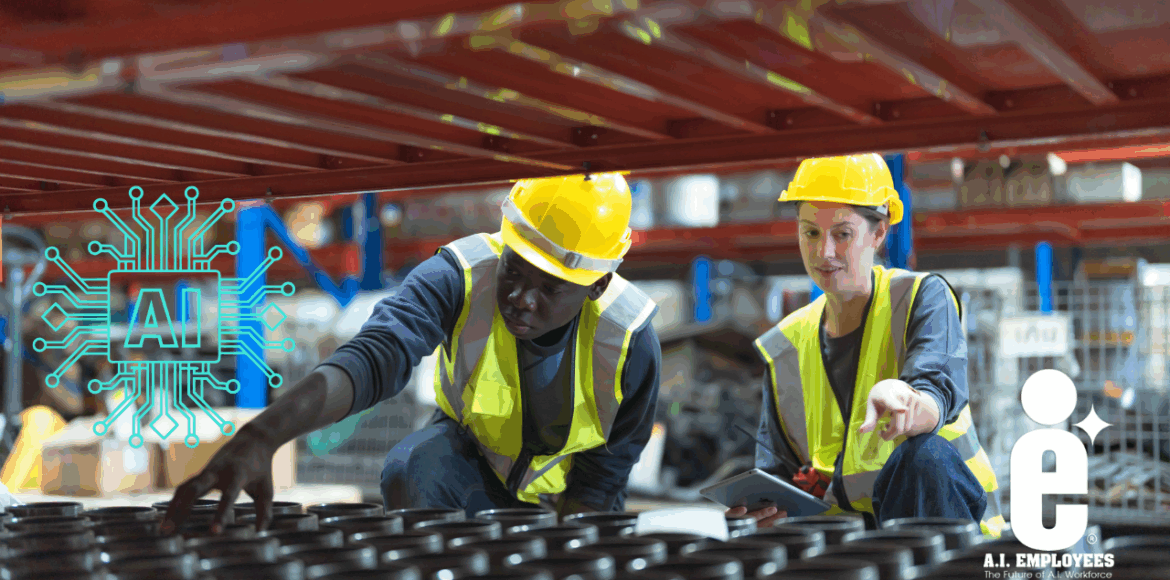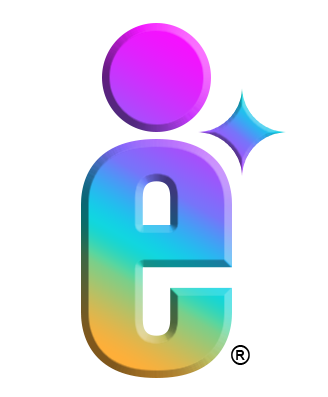AI as Co-Workers and Agents in the Workplace: The Future of Collaboration

The workplace is rapidly evolving with the rise of AI employees, transforming how tasks are performed and redefining job roles. Leading firms like Goldman Sachs are pioneering the concept of AI agents not just as tools but as true coworkers that collaborate with human employees. This shift is reshaping workflows and creating new opportunities for human workers to manage and oversee AI-driven tasks.
What Are AI Agents and How Do They Work? 🤖
Unlike traditional software tools, AI agents are designed to perform complex tasks autonomously or semi-autonomously. They can analyze data, extract insights, and even make recommendations — all while working alongside human team members. For example:
- Financial analysts can delegate data extraction and report analysis to AI agents.
- Customer service teams can use AI to handle routine inquiries, freeing humans for complex issues.
- Project managers may assign scheduling and status tracking to AI systems.
This collaborative model means AI is less of a replacement and more of a partner in the workplace.

How AI Employees Are Changing Job Roles 🔄
With AI agents taking on repetitive or data-heavy work, employees are evolving into managers of AI systems. Instead of performing all tasks themselves, they focus on:
- Supervising AI outputs to ensure accuracy
- Making strategic decisions based on AI-generated insights
- Handling interpersonal communication and problem-solving
- Enhancing creativity and innovation that AI cannot replicate
This creates new career paths where managing and collaborating with AI employees becomes a vital skill.
Learn more about working with AI employees at www.AiE.center.
Benefits of Treating AI as Collaborative Coworkers 🌟
- Increased Efficiency: By delegating time-consuming tasks to AI agents, human workers can dedicate their energy to higher-value activities.
- Improved Accuracy: AI can process large datasets with fewer errors, providing reliable support for decision-making.
- Enhanced Innovation: Humans can focus on creativity while AI handles routine processes.
- Better Job Satisfaction: Reducing mundane tasks leads to more engaging work for employees.
Skills Needed to Manage AI Agents Successfully 🎯
To thrive in this new environment, workers should develop:
- Technical literacy: Understanding how AI systems work and how to interact with them effectively.
- Analytical thinking: Interpreting AI outputs and making informed decisions.
- Communication skills: Explaining AI findings to stakeholders and collaborating across teams.
- Adaptability: Embracing continuous learning as AI technologies evolve.
Explore training resources for upskilling at www.AiE.center.
The Future Outlook: Humans and AI Collaborating Seamlessly 🚀
The vision of AI agents as coworkers is not just futuristic—it’s happening now. As more companies integrate AI employees into their teams, the workplace will become a dynamic environment where human creativity and empathy combine with AI’s processing power.
This collaboration will lead to:
- Smarter workflows
- More strategic roles for humans
- A reshaped workforce focused on innovation and oversight
To stay ahead, it’s crucial for professionals to embrace this shift and learn how to effectively collaborate with AI agents.
Find out how your organization can prepare at www.AiE.center.

